Why doesn't the minimum wage work?

We all want more jobs, better conditions and also of course higher salaries!

For politicians, promising better salaries is always a way to gain votes,* but can salaries be raised by decree? Do things work that way? *
Is the minimum wage a recommended policy, and how can this improve or not the lives of people?
Let's talk about this topic.

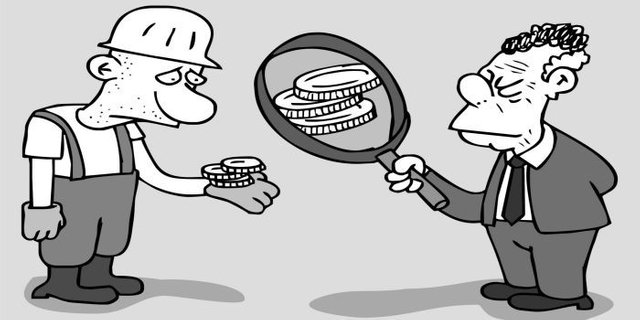
We can clearly say that it is only a law that decrees the prohibition to work below a certain remuneration, the law does not require raising the salaries of people, and the employer can choose to dismiss the worker before paying a higher salary.
We can say it in the following way, if the monthly contribution of the worker to the company is lower than the minimum wage established by the politicians, the employer will choose to dismiss his workers to achieve the level of income appropriate to his company.
This is precisely the problem of minimum wage laws, instead of helping to help the weaker sectors of society, this can end up condemning these sectors to the worst scenario, which is unemployment.
If it is true that for many this is a social achievement, in which workers earn a regulated salary greater than what they can obtain in free market competitions (informal economy), however when applying these policies the result is quite different from the expected one.
Think of the self-employed, suppose that the government established a goal of minimum monthly income to be able to work, that is, they forced the self-employed to have an income of $ 1000 per month, if they do not obtain this minimum income per month, they will not be able to work , this will not make the self-employed charge more. It will only make many self-employed workers stay out of work.
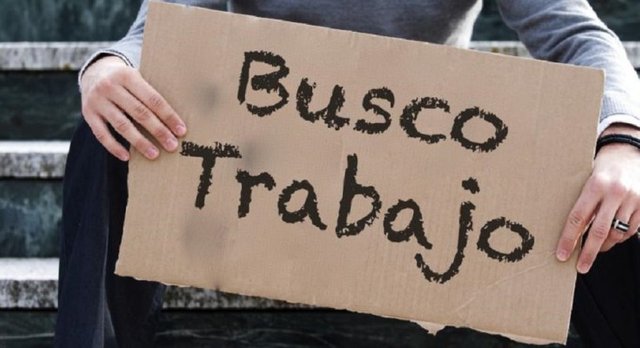
Therefore, with the minimum wage something very similar occurs, so we must be very clear that in politics, one thing is what you want or what you want to achieve supposedly with the laws, and quite another is economic science and the empirical evidence that emerges from that economic science.
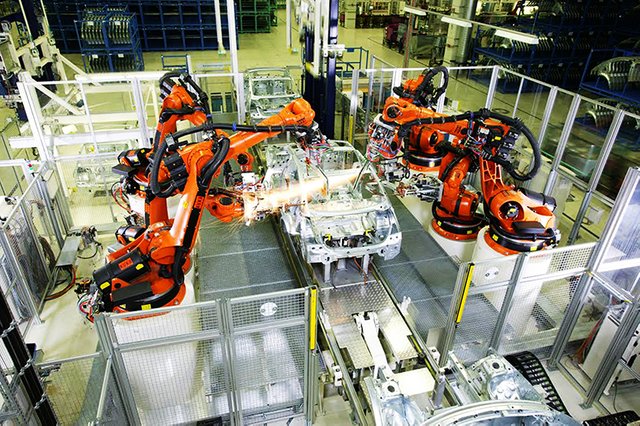
This is something relatively easy to understand, if work is made more expensive by law, even if there is unemployment, it is favoring the replacement of human labor by machines, and also prevents many business projects from starting due to costs.
Therefore, a higher minimum wage, leads companies not to hire the necessary number of staff, because they are placing machines to replace that workforce.
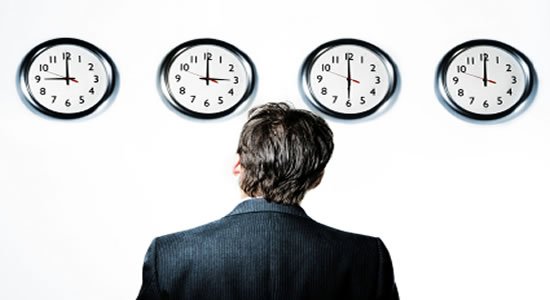
Another possible effect is that although employers do not dismiss workers, due to the high labor cost caused by the minimum wage, these reduce hours of work, and although there is no lower volume of employment, these people who supposedly benefit from a minimum wage, they see reduced the number of hours they work, and as a result, you can see that the income at the end of the month are lower than those obtained before raising the minimum wage.
This directly affects small businesses, a minimum wage increase is an annual extra cost for this company and can lead to layoffs to some of its employees.
Many workers are afraid that without a minimum wage set by law, they would have miserable wages and would lead them to poverty, however these fears are unfounded and very different from reality.
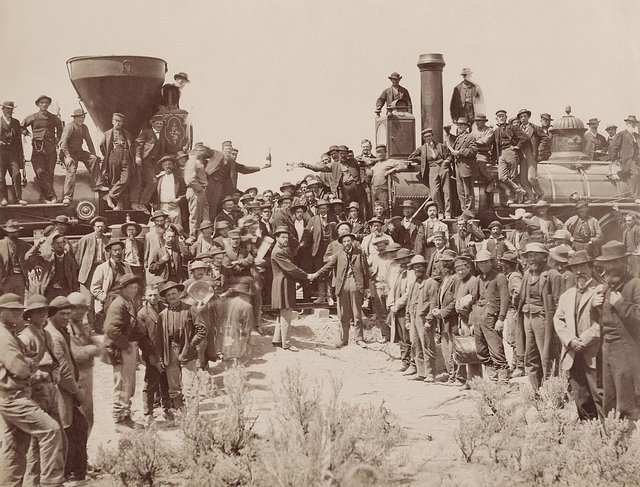
In the United States for example, real wages taking into account inflation, quadrupled between 1820 and 1912, despite the fact that its population multiplied by 10, and it must be borne in mind that during that period there was no minimum wage law .
Therefore the salary was multiplied by 4 without having a minimum wage law.
At the present time in Singapore or Switzerland, they lack a minimum wage, but they enjoy full employment and an average salary much higher than that of Spain, and all of this without having to have an established minimum wage.
If anything has been very clear from experience, minimum wages hurt the poorest, which these laws should protect and benefit, because they are the ones that have the most risk of losing their jobs and because these policies reduce their purchasing power.

To begin we must be clear that politicians can not raise the general salaries of the population.
Wages rise in a general way favoring the creation of companies, private investment, or the hiring of new workers.
It is in this way, with the creation of companies, with more investment, with greater facilities for hiring, as more jobs are generated. And when there are more jobs, this will cause wages to rise without the need for a minimum wage established by law.
That is, when there are more jobs and fewer workers available to cover this demand, wages tend to rise, it is the law of supply and demand.

Thanks for reading, If your article served you please upvote